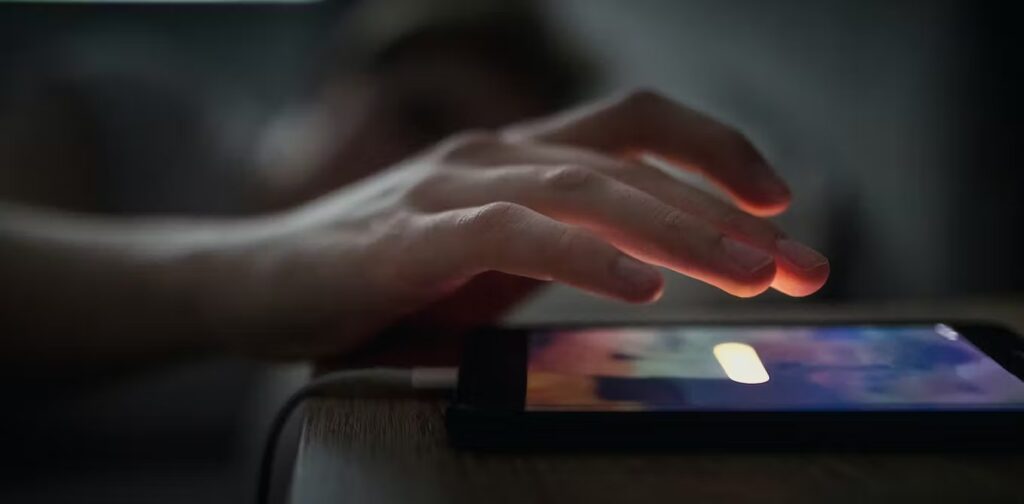
Snoozing Your Alarm Won’t Make You Sleepier
Hitting the snooze button on your alarm won’t make you more tired, grumpier, or less able to think clearly during the day than getting up right away

Scientists have been curious for a while about whether snoozing affects how awake you feel or the quality of your sleep. To find out more, Tina Sundelin and her team from Stockholm University in Sweden studied 31 people who regularly hit the snooze button at least twice a week. They observed these people during two nights in a sleep lab.
On the first night, the participants went to bed and woke up at their usual times without using the snooze button.
About a week later, they came back to the lab, where they set their alarm to ring 30 minutes before they needed to get up and repeatedly pressed the snooze button every 9 to 10 minutes.
Right after they woke up, the participants had a saliva test to check their cortisol hormone levels, which can indicate how awake they are.
They also rated how sleepy they felt on a scale from 1 to 9 and underwent tests to assess their thinking abilities and mood. These tests were conducted right after waking up and again 40 minutes later.
The study showed that after snoozing, cortisol levels were slightly higher, but there were no significant differences in terms of feeling sleepy, mood, or cognitive performance when compared to waking up immediately.
On average, the participants snoozed for about six minutes less, and there were indications of slightly worse sleep quality during the last half-hour of their sleep, as measured by monitoring their brain activity. However, there were no significant differences in sleep quality over the entire two nights.
It’s worth noting that the participants in the study were habitual snoozers, so these results may not be applicable to people who only occasionally hit the snooze button.
In another part of the experiment, the researchers surveyed nearly 1500 people about their sleep habits. About 69 percent of respondents reported snoozing at least some of the time, mainly on workdays.
These snoozers were typically women, around six years younger on average, and four times more likely to identify themselves as night owls compared to those who didn’t snooze.
Never miss any important news. Subscribe to our newsletter.
Related News


British Investor Who Predicted US Slump Warns of Next Crash

I’m a Death Doula: 4 Reasons I Believe Death Isn’t the End


Tech to Reverse Climate Change & Revive Extinct Species

AI Unlocks the Brain’s Intelligence Pathways

XPENG Unveils Iron Robot with 60 Human-like Joints

Can AI Outsmart Humanity?

11 ChatGPT Prompts to Boost Your Personal Brand

Keir Starmer Hints at Possible Tax Hikes on Asset Income

Navigating the Future of AI: Insights from Eric Schmidt
